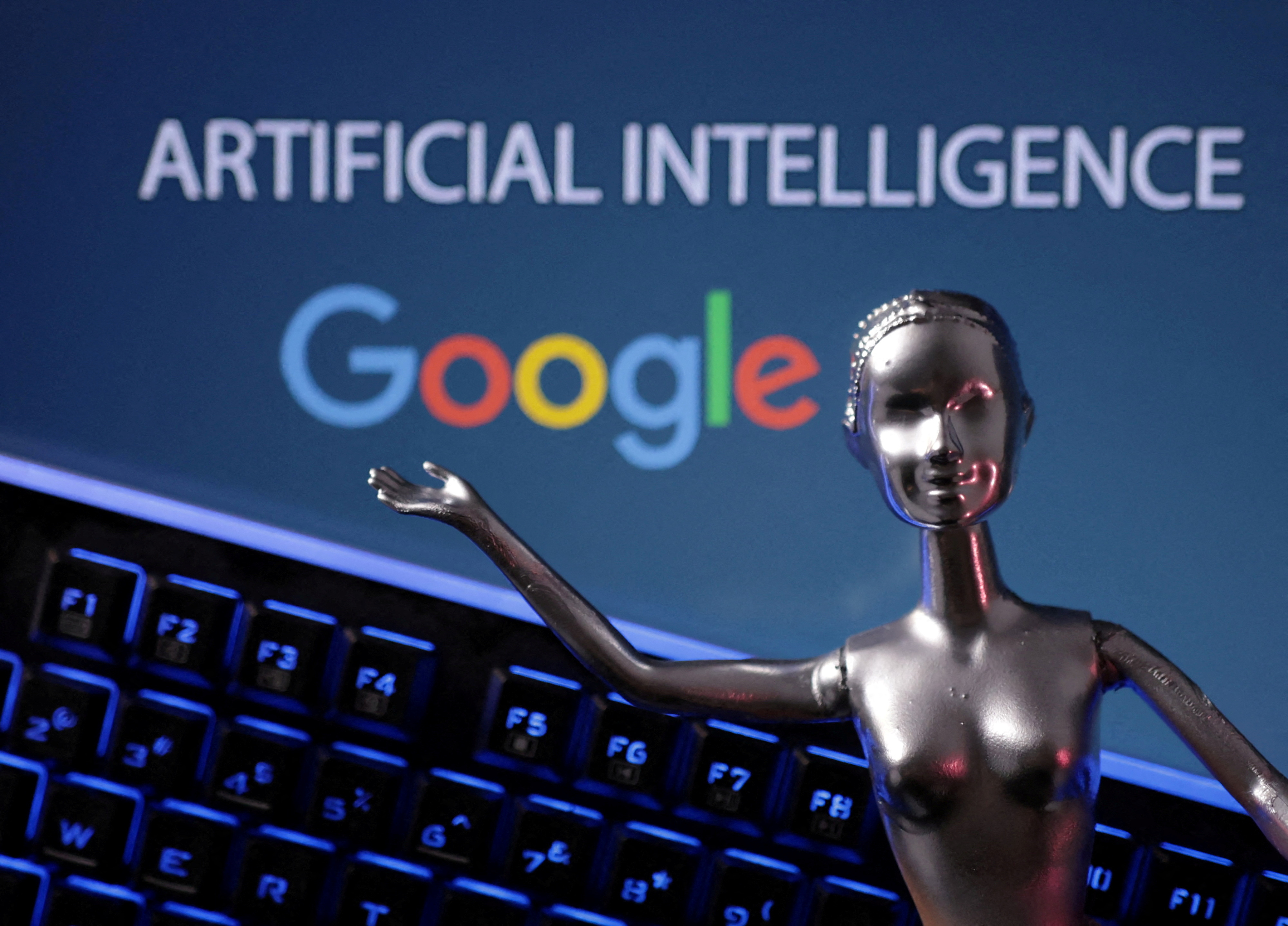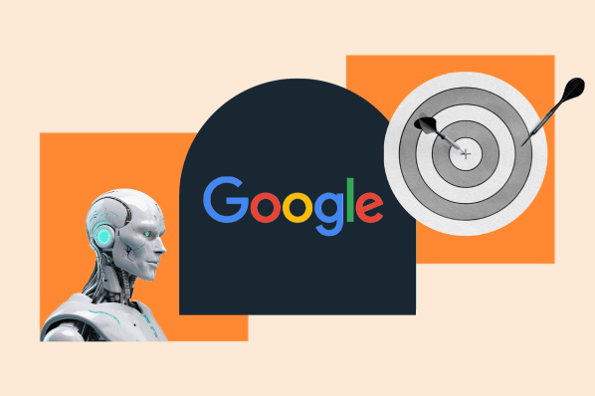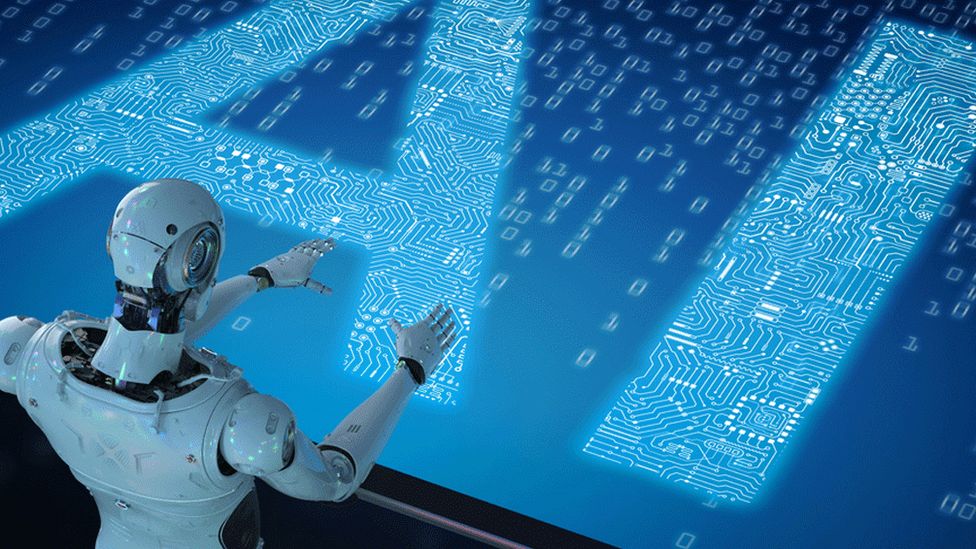
What is Deepmind?
DeepMind is a division of Letters in order, Inc. answerable for creating broadly useful computerized reasoning (AGI) innovation. That innovation is otherwise called Google DeepMind.
DeepMind involves crude pixel information as information and gains as a matter of fact. The computer based intelligence utilizes profound learning on a convolutional brain organization, with a sans model support learning method called Q-learning.
While broadly useful man-made intelligence is dubious, Google set off to lay out and further develop their simulated intelligence property on a wide assortment of grounds. DeepMind innovation has been tested to learn games all alone. For instance, when it was entrusted to beat the library of Atari games, it figured out how to grasp the games without changing the code. After a period, the simulated intelligence could play the games preferred and with more effectiveness over people.

In pushing the limits of man-made intelligence, DeepMind requested that itself rout the tabletop game Go. Go is really difficult for computer based intelligence, to a great extent due to the intricacy of picking among the huge number of potential moves in the game.
DeepMind fostered an exceptional venture called AlphaGo, a PC program intended to play the prepackaged game. After various forms of regulated learning computer based intelligence models, AlphaGo dominated the No. 1 player overall in 2017. Around the same time, DeepMind delivered another form named AlphaGo Zero, utilizing solo re-authorization realizing, which reliably outmaneuvered past variants of the program.
Beyond messing around, DeepMind was utilized to further develop power productivity in the generally improved server farms at Google. DeepMind had the option to enhance the endeavors of past experts by 15%, making a 40% decrease in cooling costs. It's additionally been utilized in creating Google Associate and makes customized application proposals in Google Play.
DeepMind was made in 2010 in London by Demis Hassabis, Shane Legg and Mustafa Suleyman and obtained by Google in 2014.
How Does Deepmind Work?
DeepMind's framework is a counterfeit brain organization. That implies it's coordinated as an organization of hubs, emulating the manner in which neurons interface with each other in the mind. In particular, DeepMind utilizes a convolutional brain organization, which is coordinated much the same way to the human visual cortex, the piece of the cerebrum that processes visual data.
The benefit of this sort of organization is that, utilizing a progression of channels and a lot of preparing information, the framework can choose specific elements from those information. For example, in picture acknowledgment, certain hubs become skilled at perceiving a particular component for instance, an eye or, in sound information, a specific blend of sounds.
Profound brain networks like DeepMind do this by running information through a progression of layers known as "stowed away layers." Each layer relegates loads to the information, basically singling out what the organization will zero in on, as per IBM. DeepMind has a few secret layers.
The first, the convolutional layer, recognizes highlights of the information utilizing a channel known as a "kernal." The mix of the info and the portion amplifies includes that the calculation derives are significant.
The following layer, known as the pooling layer, basically lessens the intricacy of the element maps made by the convolutional layer, making it simpler to deal with the information. At last, the completely associated layer utilizes the result of the pooling layer to make future forecasts. On the off chance that, for instance, the convolutional brain network has figured out how to perceive growths in a bunch of clinical preparation pictures, it can now take in new pictures and decide if any growths are available.
Since DeepMind is an AI calculation, it doesn't need to be given explicit standards, composed by developers, to "learn." All things being equal, the calculation is equipped for searching through gigantic measures of information and recognizing rehashed designs that would take a human or customary PC huge measures of time to translate.
What Does Deepmind Do?
The upside of DeepMind's AI calculations is that they can be utilized for a wide range of cycles. DeepMind's calculations can train themselves to play Atari games and beat people in Go, an incredibly perplexing system game that includes a catching area on a gridded board utilizing the position of highly contrasting pieces.

These games exhibit the profundity of the man-made intelligence's capacity to learn. DeepMind has since moved to handling an ever increasing number of certifiable issues. These reach from creating new unadulterated science guesses, which could speed the advancement of hypothetical math, to disentangling the probable designs of each and every protein known from nature.
The protein work, finished by the Leading edge Prize-winning system AlphaFold, addressed a huge change in the field of proteomics, the investigation of proteins. Proteins bend themselves into a variety of shapes, yet foreseeing how these inner designs will frame is slow, meticulous work. Until AlphaFold, researchers needed to freeze and picture proteins utilizing a technique called X-beam crystallography. Many years of work had yielded structures for around 190,000 proteins. Inside about a year, AlphaFold made expectations for 200 million protein structures.
DeepMind's innovation is utilized at Google's server farms, where it controls the cooling of hardware while limiting energy use, as per the organization. The DeepMind item WaveNet controls the voice of Google Partner, and the organization's computer based intelligence is inserted all through YouTube, controlling promotion position and different parts of the video stage.
In 2022, scientists at the Swiss Government Foundation of Innovation in Lausanne (EPFL) detailed that, in a joint effort with DeepMind, they'd tried the organization's artificial intelligence to shape hydrogen plasma inside a combination reactor a stage toward involving atomic combination as an energy source. Organization specialists are additionally dealing with applying calculations to self-driving vehicles, sports investigation and clinical judgments.
What Records Has Deepmind Broken?
AlphaFold's record-breaking speed at foreseeing protein shapes isn't the main standout DeepMind has accomplished. In October 2022, the organization broke a 50-year-old science record. The record included tracking down a better approach to do framework duplication, or increasing varieties of numbers with each other.
Duplicating a 4-by-4 grid of numbers with another 4-by-4 network takes 64 computations worked out manually. In 1969, mathematician Volker Strassen fostered a calculation that could do it in 49 computations. A DeepMind simulated intelligence called DeepTensor, then again, demonstrated the way that it could finish the work in only 47 computations.

Presently, one more gathering of specialists posted a preprint paper uncovering that they could likewise utilize DeepTensor to cut the quantity of estimations expected to increase two 5-by-5 networks together, from 96 to 95.
DeepMind has additionally over and again beat the world's driving players of Go, in any event, prodding the retirement of South Korean top dog Lee Se-dol in 2019. "With the presentation of man-made intelligence in Go games, I've understood that I'm not at the top regardless of whether I become the main through mad endeavors," Lee told Korea's Yonhap news organization that year.
DeepMind's AlphaGo beat Lee in four out of five games in a 2016 competition, which really makes Lee the main human ever to overtake AlphaGo in rivalry. In 2017, AlphaGo again beat the dominant human hero of the game, China's Ke Jie.


